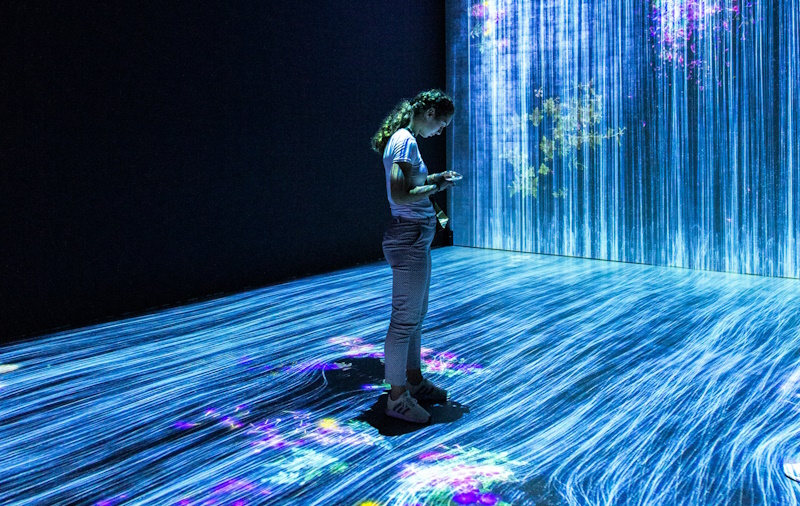The US seek to protect singers from AI with ‘No Fakes Act’
Image credit: Mahdis Mousavi
Senators in the US are responding to AI anxiety with the ‘No Fakes Act’ hoping to outlaw digital replicas of faces and voices.
The question of AI’s position in the music industry has been heating up. The ‘No Fakes Act’ is the first of – hopefully – many legal actions to establish a new relationship between AI and musicians.
We’ve recently seen organisations representing artists and publishers speaking up. ASCAP led an event taking their concerns straight to Capitol Hill. Last week, the IMPF released their manifesto with four key points for protecting artists.
Senators have responded with the proposed No Fakes Act. The bill will prevent the “production of a digital replica without consent of the applicable individual or rights holder”, except under certain circumstances.
The No Fakes Act hopes to take likeness laws to a federal level. Those laws currently differ across states in the US. If the bill became law it would allow anyone to take legal action against the creators of digital replicas made of them.
It’s the first step in a potentially long battle. There needs to be a legal framework to protect the human music industry from all facets of artificial intelligence. As so many organisations clarify, the fight isn’t against AI but to ensure it is used properly.
The president and CEO of The American Association of Independent Music, Richard James Burgess said: “Independent record labels and the artists they work with are excited about the promise of AI to transform how music is made and how consumers enjoy art, but there must be guardrails to ensure that artists can make a living and that labels can recoup their investments.
AI deepfakes
With the proliferation of AI-created fakes flying around, the bill comes just in time. For instance, a Drake and The Weeknd song recently went viral. The only issue was, neither of the artists had recorded the song.
It had been created and released by an anonymous deepfake creator going by the name ‘Ghostwriter’. They believe that artists will be able to license their voices for use in AI generated songs in the future.
With the legal groundwork, artists could choose to be protected against AI replication or opt-in for recouperation if they are used. This is similar to film, where actors are increasingly able to sell their image for digital use without physically acting.
When asked about creating AI-generated music without the consent of the artist, Ghostwriter said: “I like to say that everything starts somewhere, like Spotify wouldn’t exist without Napster. Nothing is perfect in the beginning. That’s just the reality of things. Hopefully, people will see all the value that lies here.”
